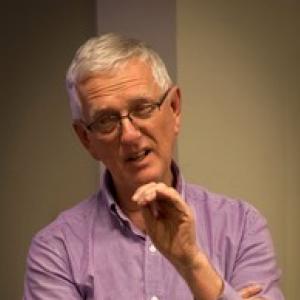Toward a brighter future for science education: Cogenerating success through participatory inquiry
It is a challenge to embrace a premise that all participants in research in science education will benefi t from studies in which they participate. No longer can researchers discover gaps and inequities without acting to resolve them as they are identifi ed and understood. As our research program evolved over 30 plus years, we adopted authenticity criteria by which all participants in research: change their ontologies; are educated about the perspectives of others; experience positive changes catalyzed by the research; and, when inequities are identifi ed, we help those who are disadvantaged to succeed. We employed cogenerative dialogues to involve K-12 students, teachers, teacher educators, and administrators in collaborative research with university based researchers. Accordingly, we listen to the voices of participants and encourage them to shape and focus the research and its fi ndings. Even in the most challenging of schools we see pervasive examples of science curricula being transformed to allow for student success. Teachers and students create new roles, engage to promote science literacy, and improve the quality of social life out of school. Students categorized as at risk of dropping out of school not only learn to succeed at school, but expand their visions of the possibilities of schooling, employment, and further education. I use theory, methodology and empirical analyses to highlight the role of emotions in teaching and learning science in culturally adaptive ways and illustrate how science teachers and students overcome cultural problems associated with immigration, ethnicity, poverty, and being racialized and gendered.

